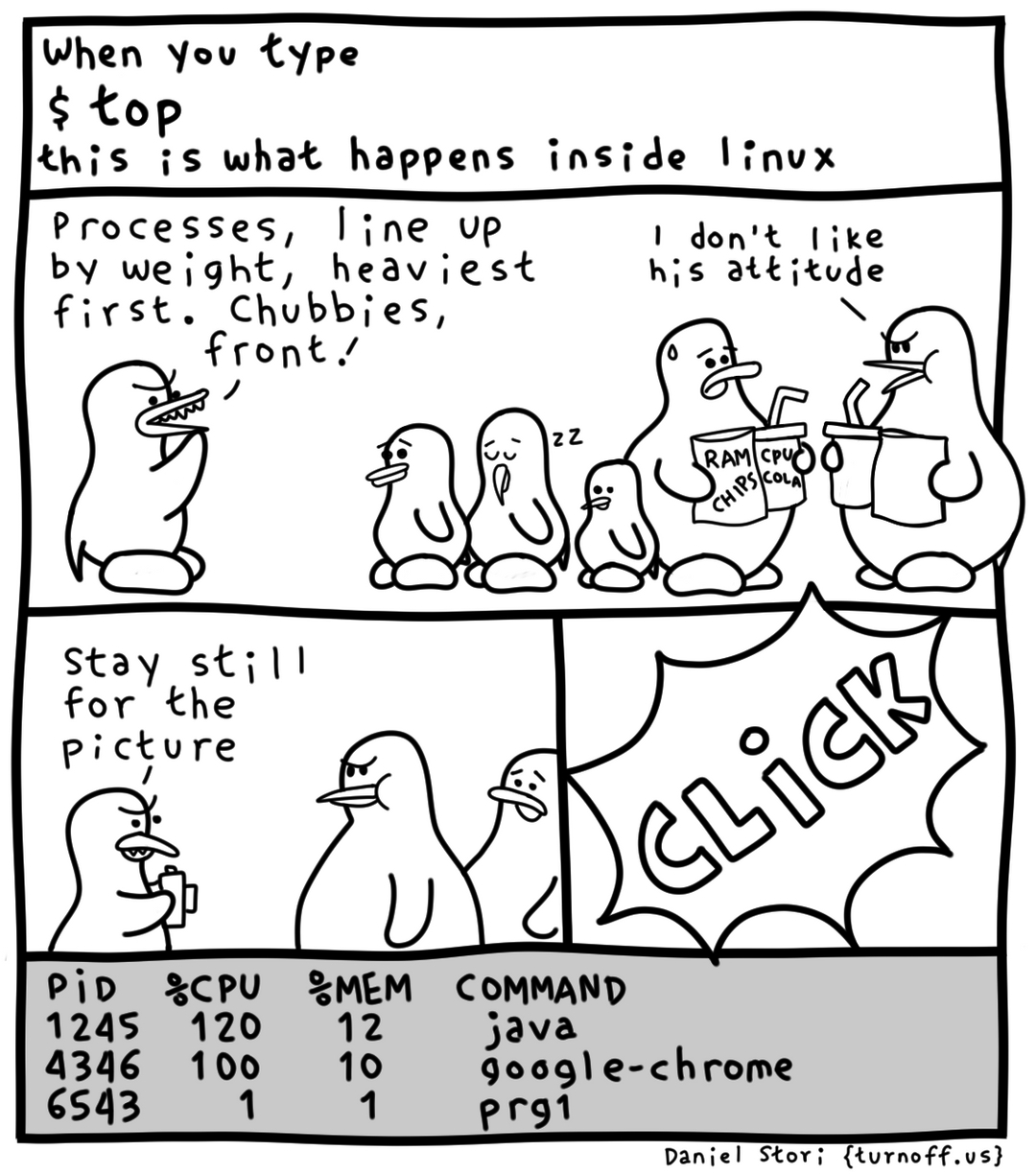this post was submitted on 16 Feb 2024
992 points (99.2% liked)
linuxmemes
21222 readers
98 users here now
Hint: :q!
Sister communities:
- LemmyMemes: Memes
- LemmyShitpost: Anything and everything goes.
- RISA: Star Trek memes and shitposts
Community rules (click to expand)
1. Follow the site-wide rules
- Instance-wide TOS: https://legal.lemmy.world/tos/
- Lemmy code of conduct: https://join-lemmy.org/docs/code_of_conduct.html
2. Be civil
- Understand the difference between a joke and an insult.
- Do not harrass or attack members of the community for any reason.
- Leave remarks of "peasantry" to the PCMR community. If you dislike an OS/service/application, attack the thing you dislike, not the individuals who use it. Some people may not have a choice.
- Bigotry will not be tolerated.
- These rules are somewhat loosened when the subject is a public figure. Still, do not attack their person or incite harrassment.
3. Post Linux-related content
- Including Unix and BSD.
- Non-Linux content is acceptable as long as it makes a reference to Linux. For example, the poorly made mockery of
sudoin Windows. - No porn. Even if you watch it on a Linux machine.
4. No recent reposts
- Everybody uses Arch btw, can't quit Vim, and wants to interject for a moment. You can stop now.
Please report posts and comments that break these rules!
founded 1 year ago
MODERATORS
you are viewing a single comment's thread
view the rest of the comments
view the rest of the comments

I think a lot of modern kernels are “tickless” - they don’t use a timeslice timer, and only context switch on IO interrupt, process yield, or when timeouts are specifically requested (including capping cpu-bound processes). https://en.m.wikipedia.org/wiki/Tickless_kernel
Tickless means it’s not based on the computer frequency and idle CPUs can stay idle rather than being annoyingly brought into high power mode ever 100 Hz, but it’s still firing interrupts based on scaling timed variables.
They’re now called “Dynticks”
SUSE wrote the vaguely more understandable write up that Linux foundation links to: https://www.suse.com/c/cpu-isolation-full-dynticks-part2/
BTW, the Linux RCU code is evil but interesting: https://www.p99conf.io/session/how-to-avoid-learning-the-linux-kernel-memory-model/
Fascinating stuff. Obviously a lot has changed since I took an undergrad OS class lol. Hell, Linux didn't even exist back then.